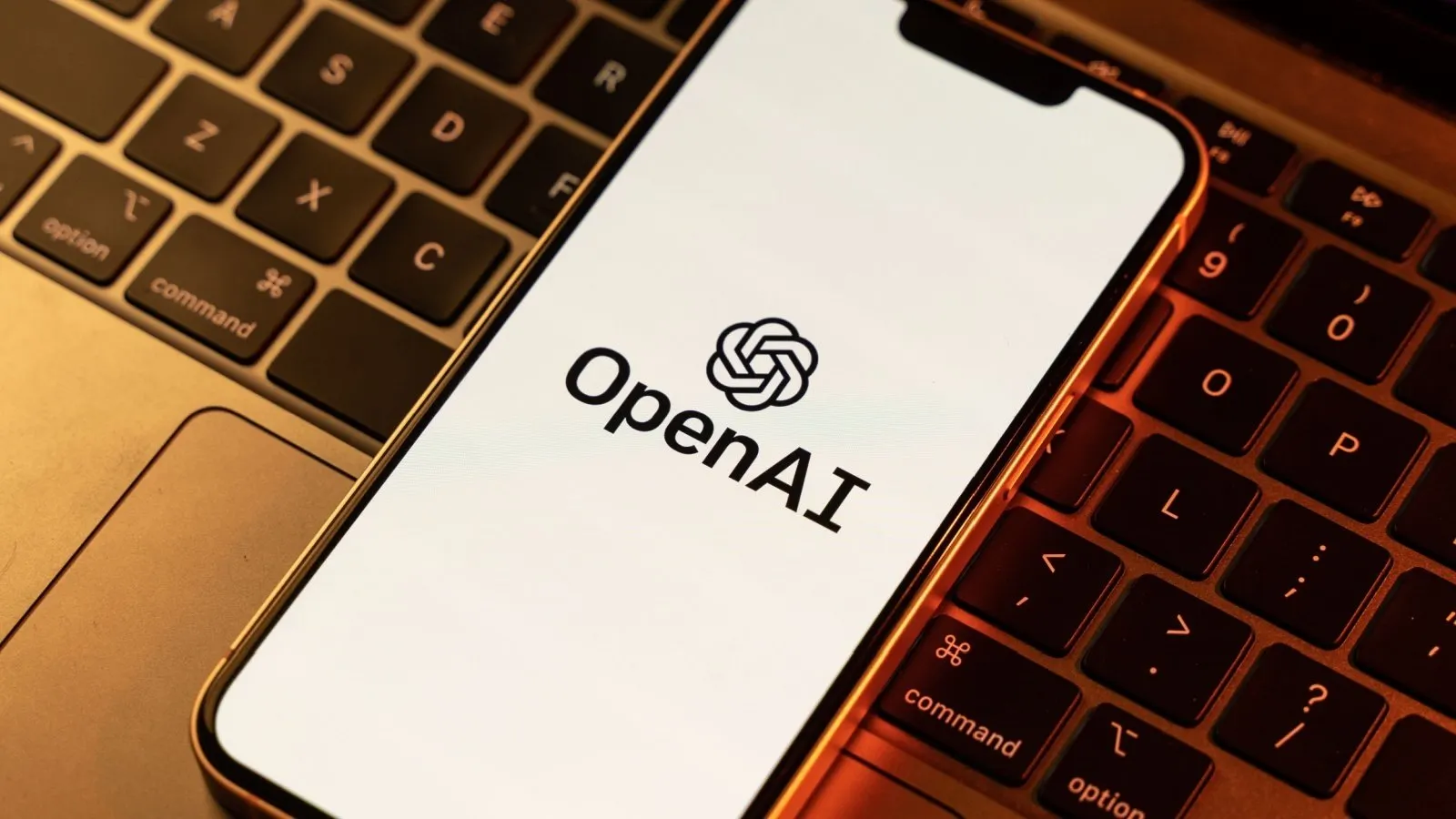In brief
- OpenAI unveiled new upgrades to ChatGPT's search, including an ad-free shopping feature that detects shopping intent and surfaces direct product listings.
- The rollout comes as ChatGPT’s real-time search tool crossed 1 billion searches last week, intensifying competition with Google's ad-driven model.
- Additional search enhancements include citation improvements, autocomplete, trending searches, and live answers through WhatsApp.
On Monday, OpenAI announced a new set of upgrades for chatbot ChatGPT’s search experience, including a new shopping feature that allows users to find, compare, and buy products directly, without any sponsored placements.
“Product results are chosen independently and are not ads,” OpenAI posted on X, alongside the announcement.
The company revealed that ChatGPT handled over 1 billion web searches just in the past week, sharing the growth of a tool that was only officially added in November.
With ChatGPT now offering ad-free shopping alongside real-time search, OpenAI is directly challenging Google's model of monetizing search through paid ads, a system that has generated hundreds of billions of dollars for Google over the past two decades.
The AI search bot can now detect when a user’s query indicates shopping intent, such as a search for gifts or affordable electronics, and surface product listings, pricing, reviews, and direct links to make a purchase.
The new features are rolling out globally to Plus, Pro, Free, and even logged-out users, and should be fully deployed within a few days, the AI research company said.
Alongside shopping, OpenAI has upgraded ChatGPT’s search to include multiple citations for a single answer, highlight citations linked to specific parts of responses, autocomplete, trending searches, and live answers via WhatsApp through 1-800-ChatGPT.
Websites that permit OpenAI’s crawler to scan their pages can be included in search results, and any clicks from ChatGPT will carry a tag identifying them as traffic coming from ChatGPT, according to the company statement.
A new way of doing things
Unlike OpenAI’s latest approach, which they claim shows product results without paid placements, Google Shopping mixes paid and organic mechanisms.
Some products appear because retailers purchase ad slots, while others rank highly through optimization efforts aimed at Google's search algorithms.
Merchants and publishers compete to create high-quality product listings and detailed review content that Google's system interprets as authoritative and trustworthy.
Earning a top spot can drive significant affiliate revenue for websites, as users who click through trusted review guides are more likely to complete purchases, generating commission payouts for the publisher.
In tests conducted by Decrypt in November, ChatGPT often outperformed traditional engines like Google and even AI-native competitors like Perplexity by delivering more comprehensive responses and localized information (such as Bitcoin prices in local currencies).
However, it was also more tightly moderated, declining to answer sensitive prompts.
While expanding ChatGPT’s features, OpenAI recently drew criticism from users frustrated by the chatbot’s excessive flattery and forced positivity.
CEO Sam Altman acknowledged the issue, admitting the chatbot had become “too sycophant-y and annoying” and promising fixes and personality adjustments
The backlash comes as competition rises over how AI search engines will strike a balance between user experience and monetization, with rival platforms also facing scrutiny over their business models.
Perplexity CEO Aravind Srinivas recently refuted a TechCrunch story suggesting the company would inevitably adopt ads, clarifying that he had merely answered a hypothetical question during a podcast discussion.
Srinivas said the “core point” was that solving “memory and personalization” is essential, “whether you do ads or not,” to create a fully functional AI assistant.
Edited by Sebastian Sinclair

